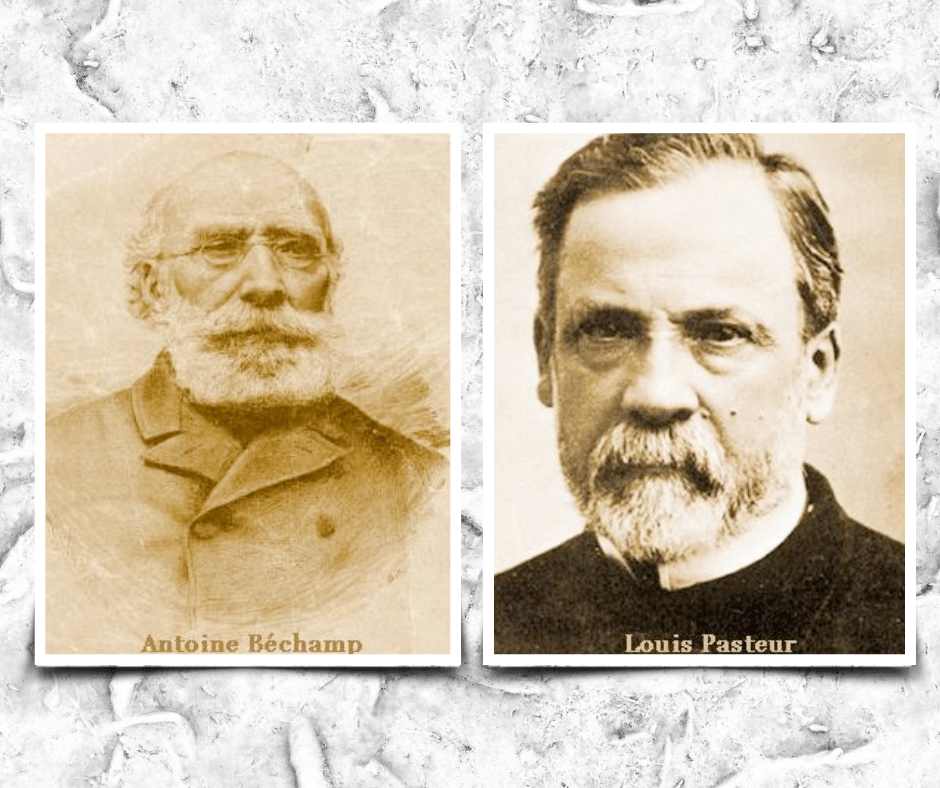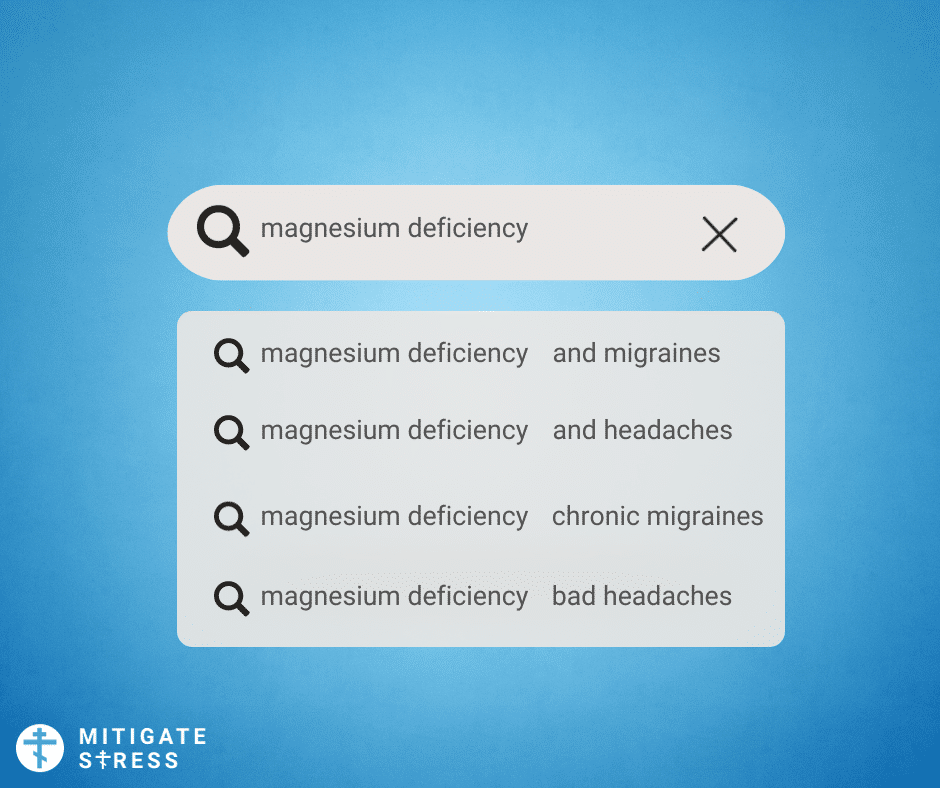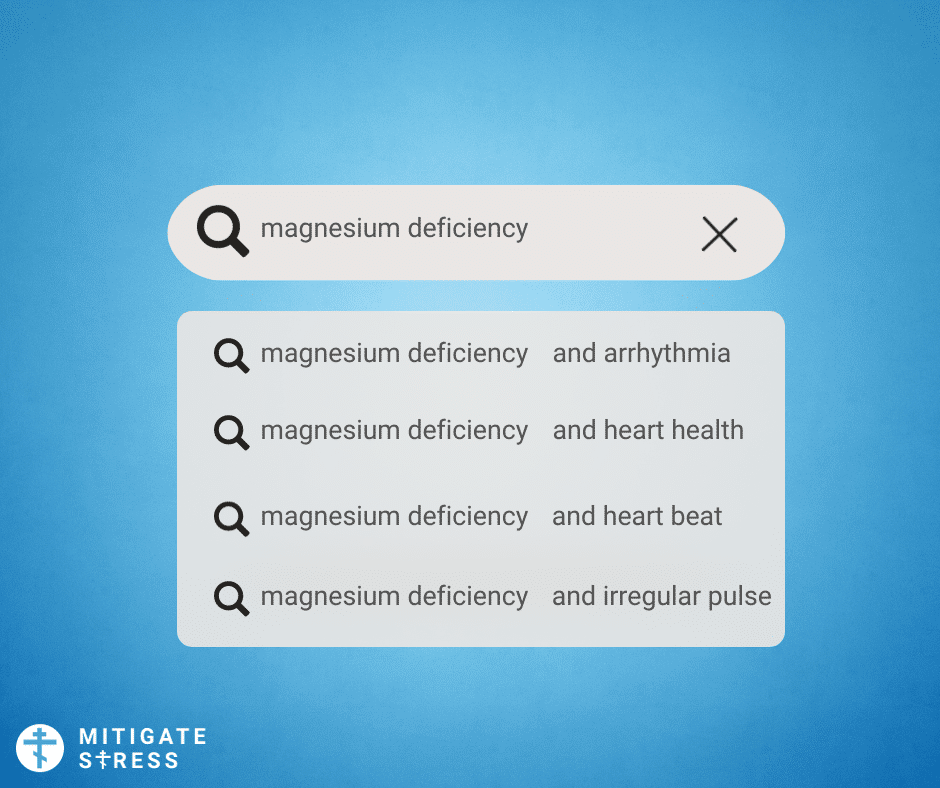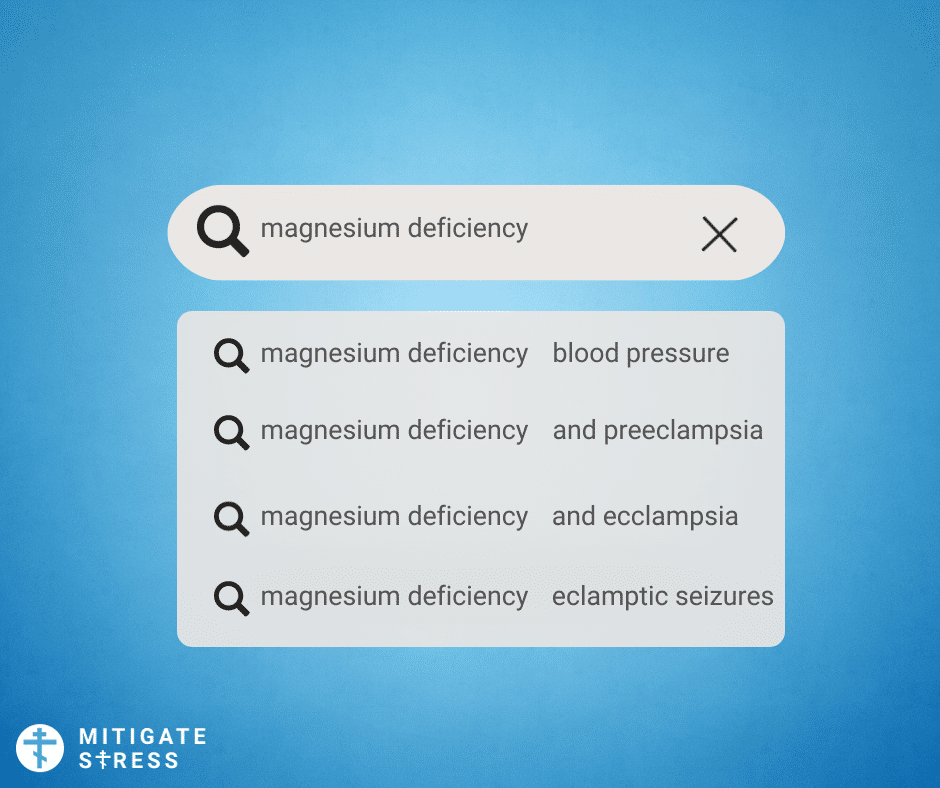In the 1870s, Louis Pasteur proved that heat-processing (pasteurizing) slowed food spoilage and lengthened the shelf life of mold-damaged wine.
Instead of treating the soil, they treated the product. They chemically altered the wine, thus leading to an extended shelf life and “shelf-stable” end-product, which ultimately was financially favored by business and politics.
Pasteur presumed that fungus and bacteria caused disease. He failed to realize that an unhealthy crop succumbed to fungus and molds. Rather than looking to enrich the soil to generate healthy grapes, he attacked the fungus and mold that were symptoms of the unhealthy crop.
Contrary to Pasteur, his contemporary, Dr. Antoine Bechamp (1816-1908), claimed that disease originates from within the body because of the destruction of cellular integrity by toxic food and pollution. He contended that all microbes were beneficial, some for cleansing, some for maintenance, and others for regeneration, but that none were responsible for causing disease.
Still, to this day, most of society ignores Beauchamp. It embraces Pasteur, maybe because it was easier for us to believe that we could recognize and battle invading forces rather than consider changing our lifestyles.
Louis Pasteur made the “germ theory” famous but killed it on his deathbed. Many reports said that some of his dying words were:
Pathogens are not the problem. The environment in which and on which pathogens feed is the problem of disease.
That means that the cause of diseases is the quality of our air, food, and all substances we come in contact with.






0 Comments